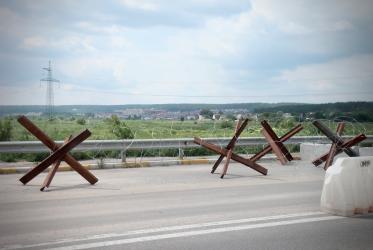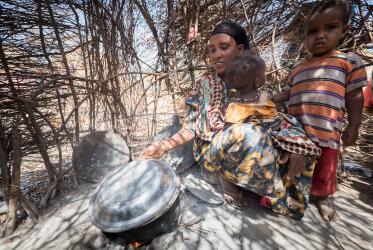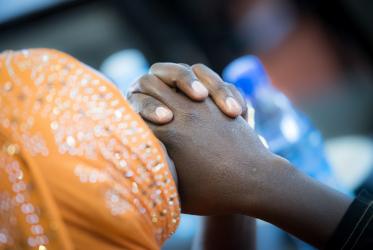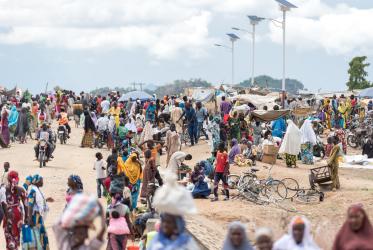Displaying 1 - 20 of 104
WCC condemns attacks against aid workers in southeast Ukraine
07 February 2024
WCC institute encouraged rethinking theology
23 November 2023
Churches respond to Malawi cyclone disaster
29 March 2023
Pandemic and pedagogy: what are the valuable lessons?
21 December 2022
Theological education in Africa promotes social transformation
03 November 2022
Ukraine: Responding to humanitarian need
08 September 2022

















